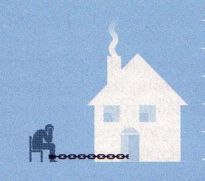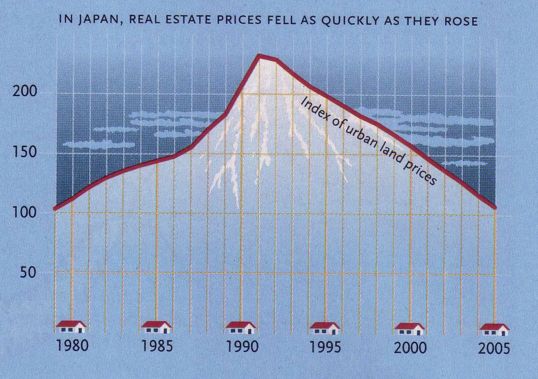Re: Pop goes the Globaloney Economy
Several years ago, I presented to The Supreme Court a petition to ask the question: "Is the government Ultra Vires if it does not act to the highest ethical standards". At the time, and since, I have been unfunded and as a British citizen, unable to fund taking the matter forward from that first attempt. But I am now getting close to being able to return to this and I ask, would such a petition in a large part solve the question of a Central Bank by making it impossible to act in any way unethically?
I must add that copies of my petition were presented to the Department of Commerce and the Department of Justice and I am intrigued by the continuous references to ethics by the Change team surrounding President Elect, Mr. Barack Obama. My petition should make for some very interesting debates when it again hits the desk of the Supreme Court.
Originally posted by whitetower
View Post
I must add that copies of my petition were presented to the Department of Commerce and the Department of Justice and I am intrigued by the continuous references to ethics by the Change team surrounding President Elect, Mr. Barack Obama. My petition should make for some very interesting debates when it again hits the desk of the Supreme Court.




Comment